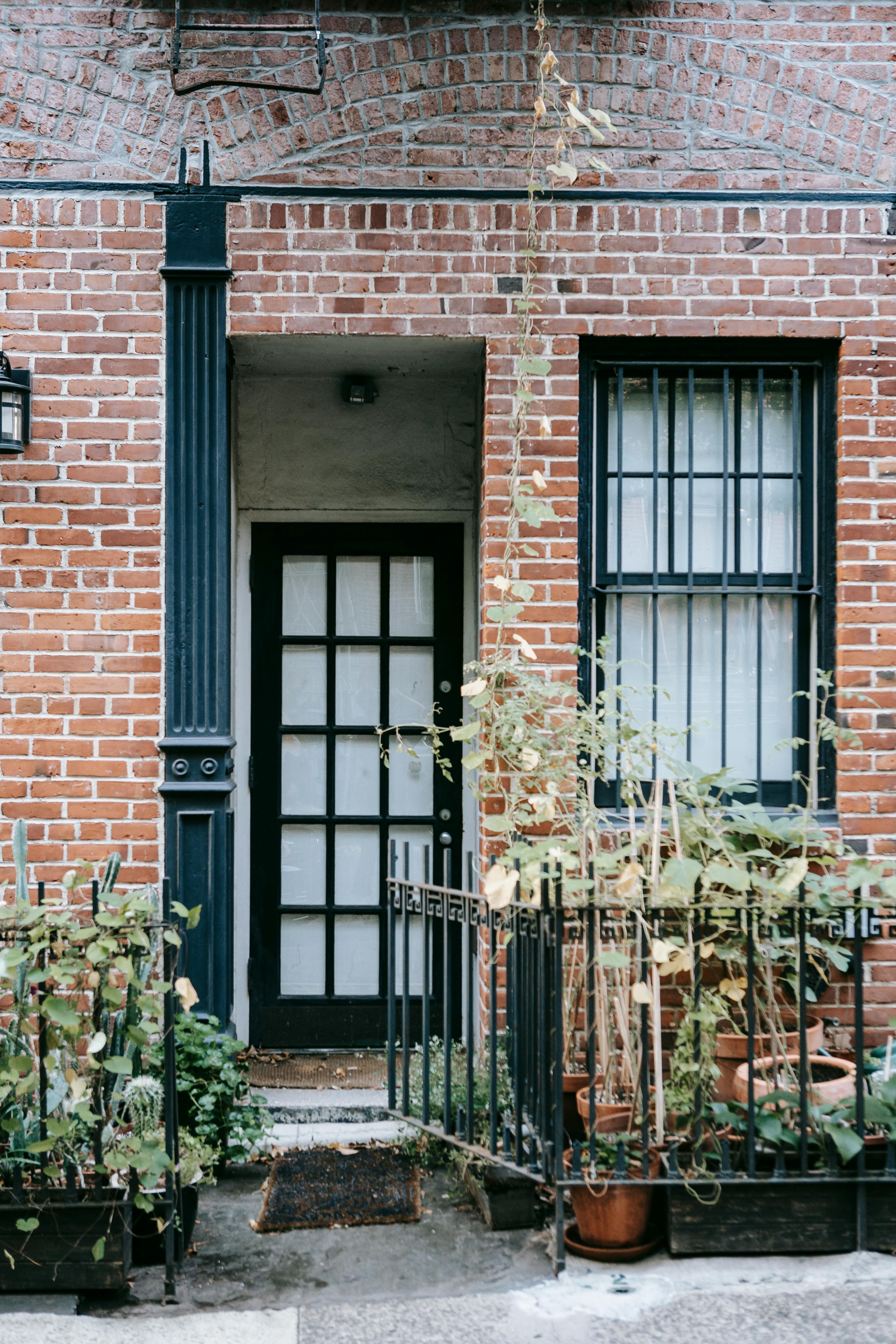
Effective Ways to Care for Your Baby Lionhead Rabbit in 2025
The adorable baby lionhead rabbit has captured the hearts of many pet lovers worldwide, especially in 2025. Known for their unique fluffy manes and charming personalities, these rabbits require specialized care to thrive. Understanding the intricacies of lionhead rabbit care is crucial for new pet owners to ensure the well-being and happiness of their furry companions. From proper nutrition to socializing needs, this guide will provide an overview of effective care practices tailored specifically for baby lionhead rabbits.
In this article, we will explore essential aspects of lionhead rabbit care, including dietary requirements, grooming tips, social behavior, and training techniques. Each section is crafted to help you foster a loving and healthy environment for your baby lionhead rabbit while also providing insights into their specific traits. You'll learn how to create a nurturing space, understand their behaviors, and ensure that you're meeting their emotional and physical needs.
As you journey through this guide, keep in mind the significant role you play in enhancing your baby rabbit's life. You will walk away with key takeaways that will empower you to not just care for them, but to build a lasting bond of trust and companionship.
Understanding Basic Care Practices for Lionhead Rabbits
To start with lionhead rabbit care, it is essential to grasp foundational practices. Baby lionhead rabbits not only require love but also specific care routines. Proper shelter is vital; a well-structured rabbit hutch provides safety and a sense of security for your new pet. When selecting commercial rabbit housing, look for adequate space with proper ventilation and escape prevention mechanisms.
Rabbit Hutch Essentials for Your Baby Lionhead
When investing in a hutch for your baby lionhead rabbit, consider both size and materials. The hutch should be spacious enough for exercise and relaxation, ideally consisting of different levels to encourage climbing and exploring. Make sure the hutch is made from rabbit-friendly materials, allowing for easy cleaning, so that your rabbit remains healthy and free from diseases.
Perfect Bedding Options for Comfort
Choosing the right bedding is crucial for your rabbit's comfort and health. Use simple materials like hay or paper-based bedding that are soft and absorb moisture efficiently. Avoid cedar shavings as they can be harmful to rabbits, potentially leading to respiratory issues. A clean, cozy environment promotes better health for your baby lionhead rabbit.
Maintaining a Safe and Enriching Environment
Establishing a safe space for your baby lionhead rabbit is vital. Ensure that their living area is free from harmful substances and objects they might chew on. Introduce enrichment activities, such as tunnels and chew toys, to stimulate their mind and encourage normal playtime behaviors. These steps are foundational for establishing a happy home.
With the basics set, we can now delve deeper into understanding your lionhead rabbit's dietary needs. This will not only ensure adequate nutrition but will enhance overall health and longevity.
Nourishing Your Baby Lionhead Rabbit: Diet and Nutrition
The nutrition of a baby lionhead rabbit is paramount to their growth and well-being. A diet high in fiber is crucial, as it helps maintain healthy digestion and prevents common health issues. Knowing the right foods and maintaining a consistent feeding schedule fosters a strong foundation for a healthy life.
Baby Rabbit Feeding Guide
First and foremost, baby lionhead rabbits should have constant access to fresh hay, preferably timothy hay, as it greatly aids in digestive health. Alongside hay, introduce limited amounts of specially formulated baby rabbit pellets, ensuring they are specifically designed for young rabbits. This mix provides the nutrients necessary for growth.
Essential Vegetables for Dietary Variety
Incorporating fresh vegetables into your lionhead rabbit's diet is important as they mature. Offer small amounts of leafy greens, such as romaine lettuce, cilantro, and parsley, to diversify their nutrition. Avoid starchy or high-sugar vegetables like carrots and peas. Introduce these greens gradually to maintain digestive balance.
Maintaining Proper Hydration
Hydration is another crucial aspect often overlooked. Ensure your baby lionhead rabbit has access to fresh, clean water at all times. Consider using a water bottle with a sipper tube, as it helps keep the water cleaner and prevents spillage. Monitor their water intake; any change in consumption can be an early indicator of health issues.
Now that we've covered nutrition, let’s transition to the more fun aspects of rabbit care: grooming and play. Understanding how to handle grooming and the right play activities ensures a positive interaction with your lionhead rabbit.
Grooming and Playtime Activities for Lionhead Rabbits
Grooming is not just a maintenance task; it's an essential bonding experience between you and your baby lionhead rabbit. Regular grooming helps to keep their coat healthy and reduces shedding while also providing comfort and reassurance. Furthermore, playtime activities are vital for their physical health and emotional well-being.
Rabbit Grooming Tips and Tools
To effectively groom your lionhead rabbit, invest in rabbit grooming tools, such as a soft brush and comb. Regular brushing minimizes matting and reduces hairballs. Aim to groom them at least once a week, but feel free to do it more often, especially during seasonal shedding. Look for signs of discomfort or irritation, as they can be indicators of underlying health concerns.
Understanding Baby Rabbit Playtime Needs
Baby lionhead rabbits are naturally playful and require ample interaction. Create a safe play area free from obstacles where your rabbit can hop and explore. Incorporate chew toys and tunnel systems to stimulate their curiosity and prevent destructive chewing. It's vital to monitor their activities, as supervised play enhances their safety.
Rabbit Bonding Techniques for Stronger Relationships
Bonding time with your rabbit is essential for their emotional well-being. Use gentle handling techniques, allowing your rabbit to explore you at their pace. Speak softly and move slowly to avoid startling them. Positive reinforcement through treats can encourage trust and cooperation during grooming or training sessions.

Having established grooming and play routines, let’s explore the social behavior and companionship needs crucial for the development of your lionhead rabbit. Recognizing their social traits will facilitate stronger familial ties.
Social Behavior and Companionship Needs of Lionhead Rabbits
Lionhead rabbits are social creatures that thrive on interaction and companionship. Understanding this aspect is essential as it greatly influences their overall happiness and well-being. From socializing with humans to interacting with other rabbits, your care can help cultivate their social skills.
Baby Rabbit Socialization Techniques
Begin socialization as early as possible, allowing your kitten to expose themselves to different environments and people. Introduce them to gentle handling right from the start to promote comfort in human contact. Engaging them with family members can help reinforce positive social behaviors.
Defining Rabbit Companionship Needs
Companionship goes beyond just social skills. Lionhead rabbits often benefit from having a buddy, either another rabbit or affectionate human contact. If considering adoption of another rabbit, ensure it’s compatible in temperament and size and introduce them carefully to minimize stress.
Rabbit Emotional Signals and Communication
Being aware of rabbit behavioral signs is essential for understanding their emotional state. Look for signs of happiness, such as binkies (leaping and twisting in the air) or relaxed postures. Conversely, avoid excess noise or destructive behaviors, which can signal stress or unhappiness. A keen observation of your rabbit’s behavior will guide necessary improvements in their environment or care.
Recognizing Health Needs and Veterinary Care for Your Baby Lionhead Rabbit
Maintaining your baby's health is paramount, and regular veterinary care is essential to ensure their longevity. Recognizing potential health indicators and addressing them swiftly can prevent serious issues down the line.
Routine Health Checkup Tips
Monitoring Rabbit Health Indicators
Learn to monitor your rabbit's health indicators, such as weight, fur quality, and droppings. Sudden weight loss, changes in appetite, or unusual behavior can point to health issues. Make it a practice to conduct simple health checks at home—watch their eating habits and behavior throughout the day to catch any anomalies early.
Preventive Measures for Common Rabbit Illnesses
Understanding common lionhead rabbit illnesses and their preventive measures is also crucial. These health issues can include dental problems and gastrointestinal stasis, which can arise from a poor diet. Providing a balanced diet rich in fiber and ensuring proper grooming will mitigate these risks significantly.

As we conclude our guide on caring for baby lionhead rabbits, it’s clear that nurturing these wonderful companions requires dedication and love. Remember, each rabbit is unique, with its personality and preferences. Taking the time to understand these needs will yield a fulfilling companionship experience for both you and your baby rabbit.
Common FAQs on Baby Lionhead Rabbit Care
How can I effectively socialize my baby lionhead rabbit?
Begin socialization early by gently introducing them to new environments and family members. Use positive reinforcement techniques, like treats, to encourage contact and interaction.
What is the best diet for a baby lionhead rabbit?
A balanced diet should consist of unlimited access to hay, a small portion of high-quality pellets specifically designed for baby rabbits, and a selection of fresh vegetables.
When should I take my baby lionhead rabbit for its first veterinary visit?
Schedule a veterinary check-up soon after adoption, ideally within the first weeks. Regular vet visits will help maintain health and catch any potential issues early.
By following the outlined care practices, you will provide for your baby lionhead rabbit’s needs, nurturing a loving and lasting bond. Happy rabbit parenting!
Its part of generated content. Can i generate another part?